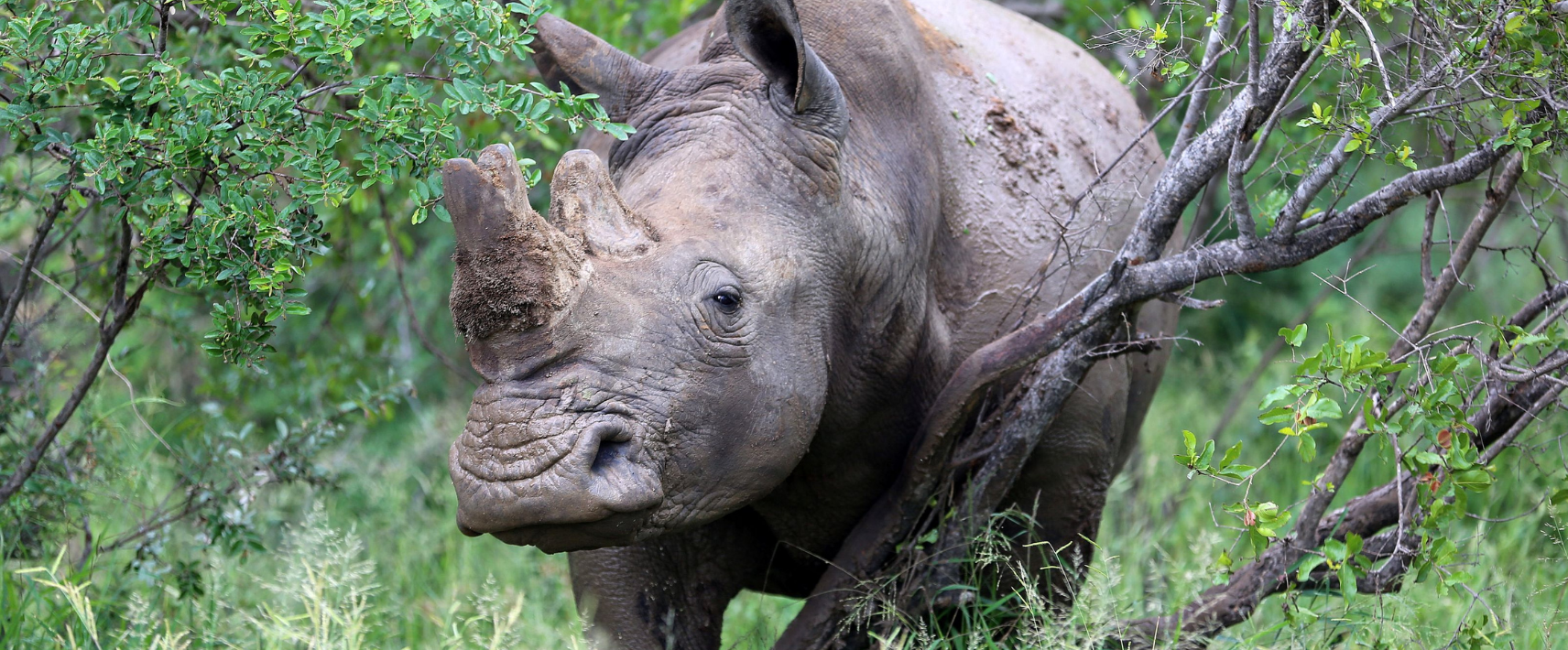One of the most important global meetings on wildlife trade has just wrapped up in Uzbekistan. It’s capital city Samarkand was where governments convened for the 20th Conference of the Parties (CoP20) to the Convention on International Trade in Endangered Species of Wild Fauna and Flora (CITES) to decide how international trade should be managed for some of the world’s most threatened...
Humane Society International is pleased Agriculture Minister David Littleproud has raised the issue of wildlife markets at the G20.
Humane Society International has called time on wildlife trade to prevent another pandemic and to end the animal cruelty and conservation chaos it causes.
On World Health Day 7 April, the animal protection charity published a White Paper detailing the evidence linking wildlife markets to COVID-19 and other zoonotic diseases with an urgent plea to governments for immediate action to ban wildlife trade, transport and consumption – particularly mammals and birds which are known to contract coronaviruses – in order to address the threat they pose to public health in addition to animal welfare and species conservation. Reportedly around 75% of all new, emerging, or re-emerging infectious diseases affecting humans are zoonotic, and emerging zoonoses such as COVID-19 are rapidly increasing in incidence.
At the virtual G20 meeting of Agricultural Ministers, Australia has called for international experts to scrutinise wildlife wet markets.
“Wildlife markets are a petri dish for pandemics. Governments across the globe must do everything they can to prevent this from happening again, and that means banning dangerous wildlife trade and helping those traders involved find alternative livelihoods as quickly as possible,” said Nicola Beynon, Head of Campaigns for Humane Society International in Australia.
“The international community must surely learn from this pandemic that enough is enough. With the stakes so high for global human health and wildlife protection, there is no place for complacency or half measures.”
Minister Littleproud has also called for countries to accelerate trade negotiations to address barriers to trade. HSI notes that strong environment chapters in free trade agreements, demanding strict controls on wildlife trade from trading partners, are essential.
Humane Society International is pleased Agriculture Minister David Littleproud has raised the issue of wildlife markets at the G20.
Humane Society International has called time on wildlife trade to prevent another pandemic and to end the animal cruelty and conservation chaos it causes.
On World Health Day 7 April, the animal protection charity published a White Paper detailing the evidence linking wildlife markets to COVID-19 and other zoonotic diseases with an urgent plea to governments for immediate action to ban wildlife trade, transport and consumption – particularly mammals and birds which are known to contract coronaviruses – in order to address the threat they pose to public health in addition to animal welfare and species conservation. Reportedly around 75% of all new, emerging, or re-emerging infectious diseases affecting humans are zoonotic, and emerging zoonoses such as COVID-19 are rapidly increasing in incidence.
At the virtual G20 meeting of Agricultural Ministers, Australia has called for international experts to scrutinise wildlife wet markets.
“Wildlife markets are a petri dish for pandemics. Governments across the globe must do everything they can to prevent this from happening again, and that means banning dangerous wildlife trade and helping those traders involved find alternative livelihoods as quickly as possible,” said Nicola Beynon, Head of Campaigns for Humane Society International in Australia.
“The international community must surely learn from this pandemic that enough is enough. With the stakes so high for global human health and wildlife protection, there is no place for complacency or half measures.”
Minister Littleproud has also called for countries to accelerate trade negotiations to address barriers to trade. HSI notes that strong environment chapters in free trade agreements, demanding strict controls on wildlife trade from trading partners, are essential.


